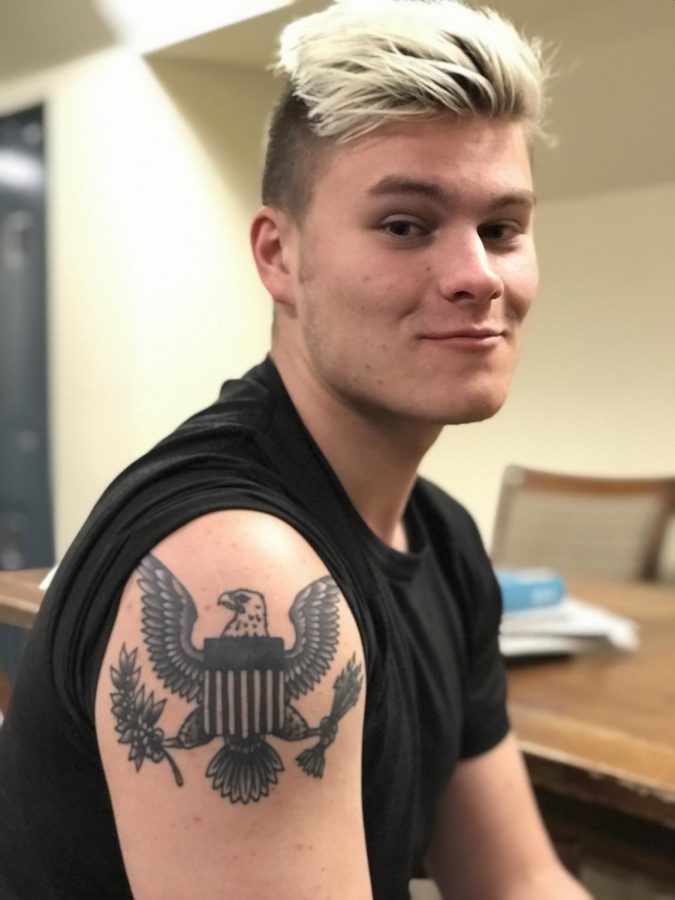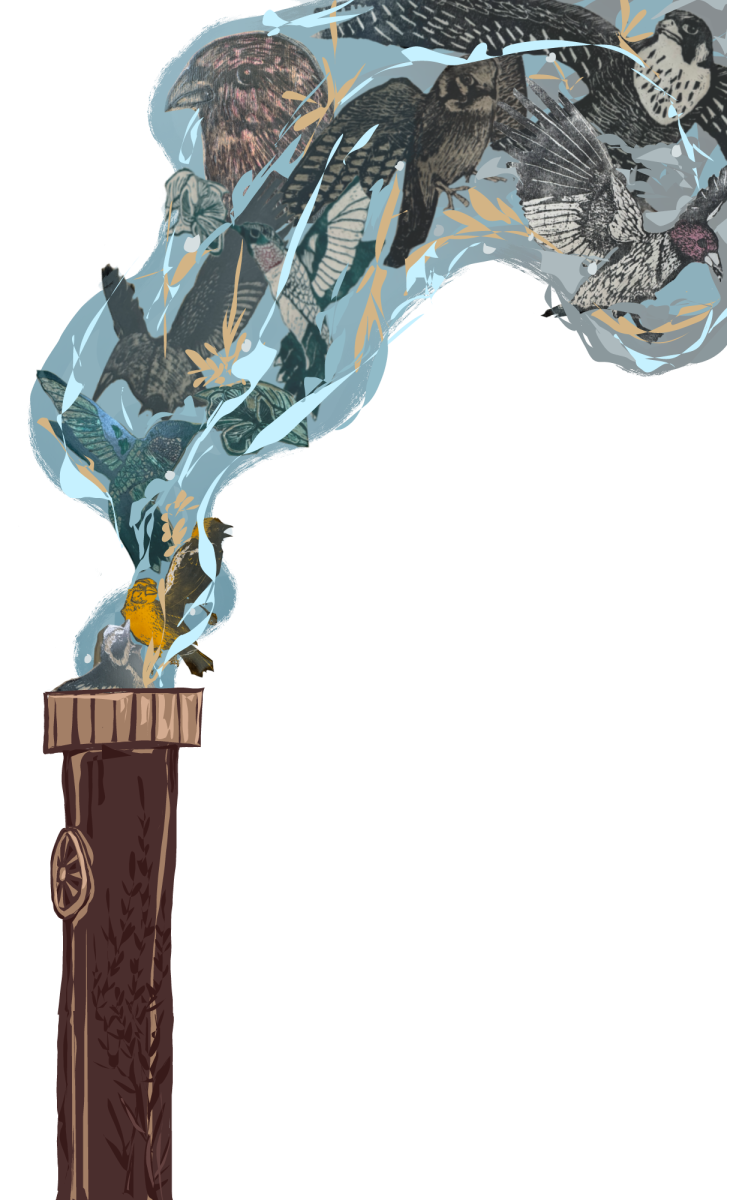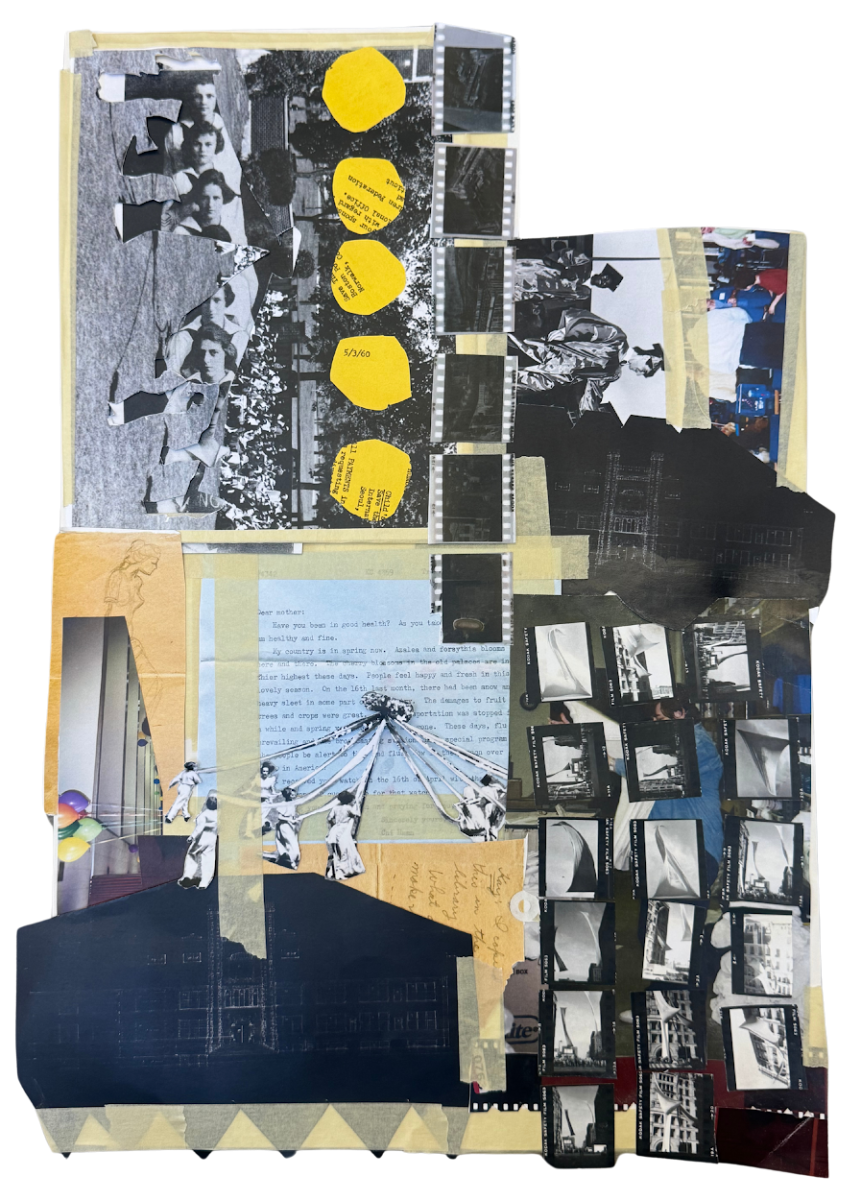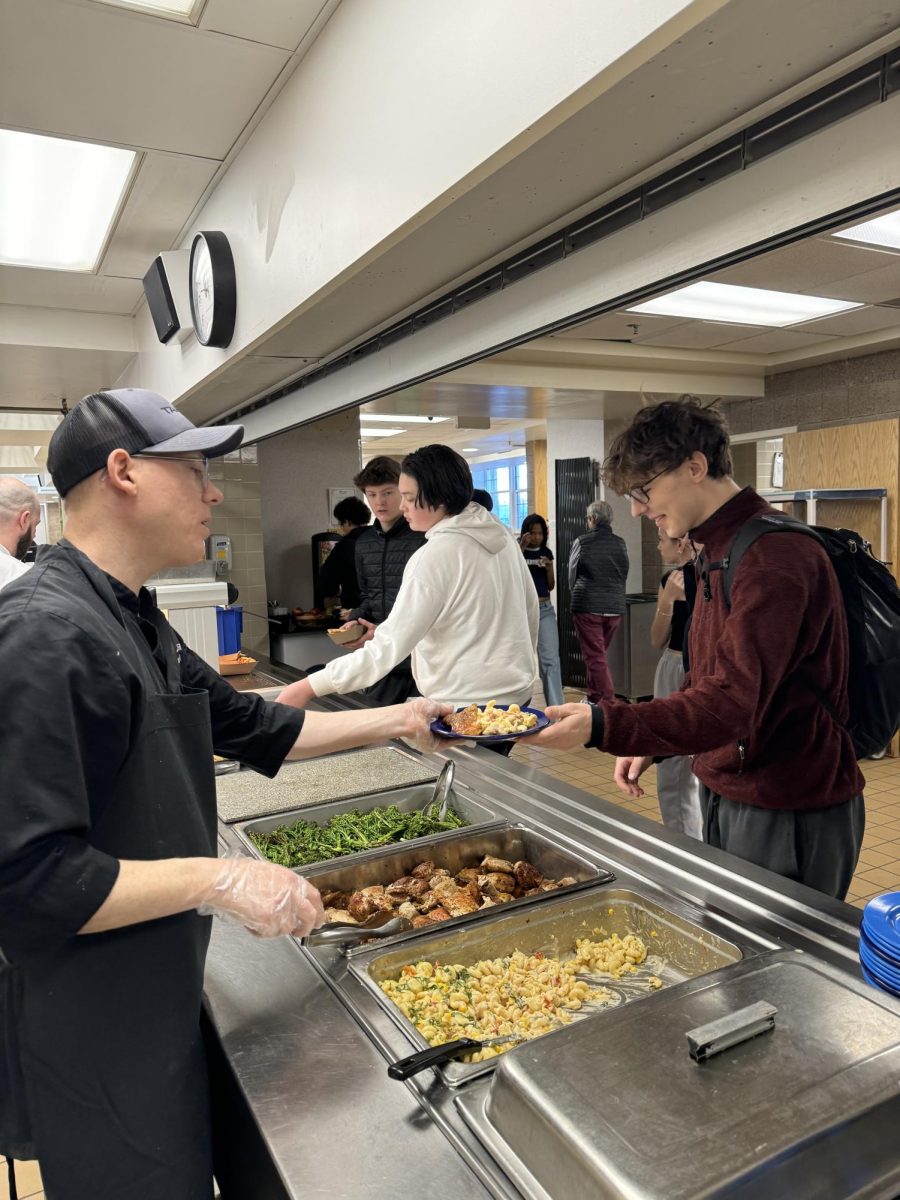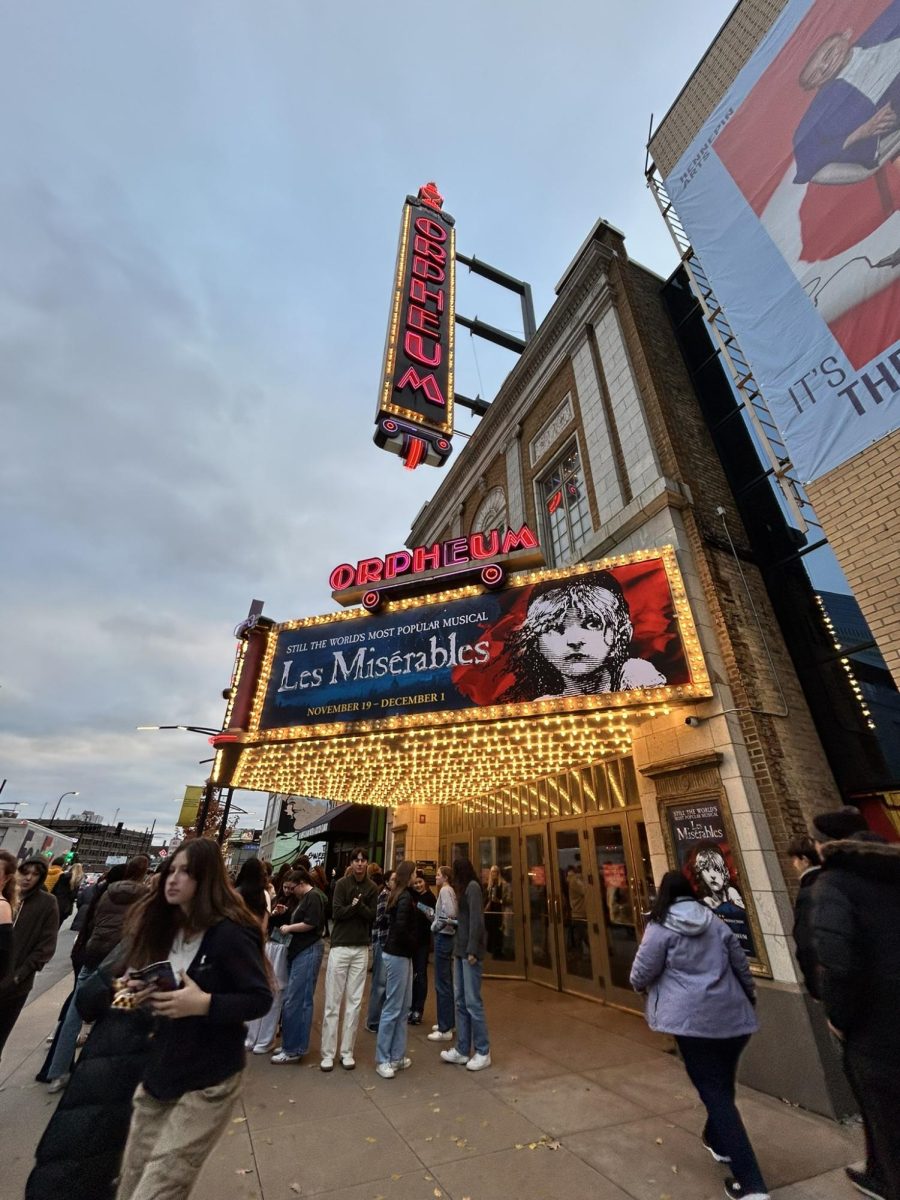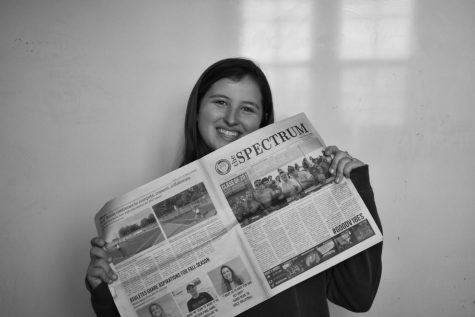For seniors Zac Johnson ‘18, Lucy Graham ‘18, Max Owens ‘18, and Abbie Nelson ‘18, getting “inked” was not a decision made lightly. Tattoos, legal at the age of 18, and the more recent minimalist tattoos have started trending among young adults.
Johnson has two tattoos, one of the Great Seal of the United States on his bicep and the other of XC – X on his right forearm. The Great Seal tattoo is representing his love of the United States and the opportunities he has had as an American citizen and his forearm tattoo is representing the quote “Life is 10% of what happens to you, and 90% how you react.” Graham has one tattoo of a semicolon on the side of her wrist representing the Semicolon Project, a symbol of mental health awareness and prevention for suicide. Owens has two tattoos, one of a mountain range against a sunset on his wrist, and one of a compass on his left shoulder, each representing his love of nature and “whenever you are somewhere you need a compass you will always have one even if it isn’t literal.” Finally, Nelson has a blood drop tattoo on her back made up of thirteen dots, representing the organization Beyond Type 1, and Nelson’s diagnosis as a Type 1 diabetic at age thirteen.
The normal stereotype of a getting a tattoo is that of impulsion, but for each senior, thought and time went into each of their tattoos. Johnson said “My mom drew up the design and put it around my room so I could familiarize myself with it and make sure that it was something I wanted to look at everyday.” Johnson spent two years with his mother’s design before deciding to get the tattoo on his arm.
The permanence of the tattoo sparks inspiration for these seniors, with Graham saying “The fact that it is always there is motivation to me to keep this reminder with me forever” and Nelson commenting that, “I am definitely glad that it has a meaning behind it, and it is something that is never going to go away.”
Getting tattoos is also way to express important realities of life, and important motivations to live by. Owens commented that getting a tattoo “opens a new door to creativity and thinking about what represents you as a person, and these are visual representations of who you are and how you want people to see you.”
Skeptics exist, and tattoos are sometimes looked down upon. To this, Owens says, “Sure, there are people who love to say ‘you’re not going to like this down the road’ but it is my body and it is something that holds significance to me and I put a lot of thought into this.” And, as Nelson says, “I’ll never regret it.”


